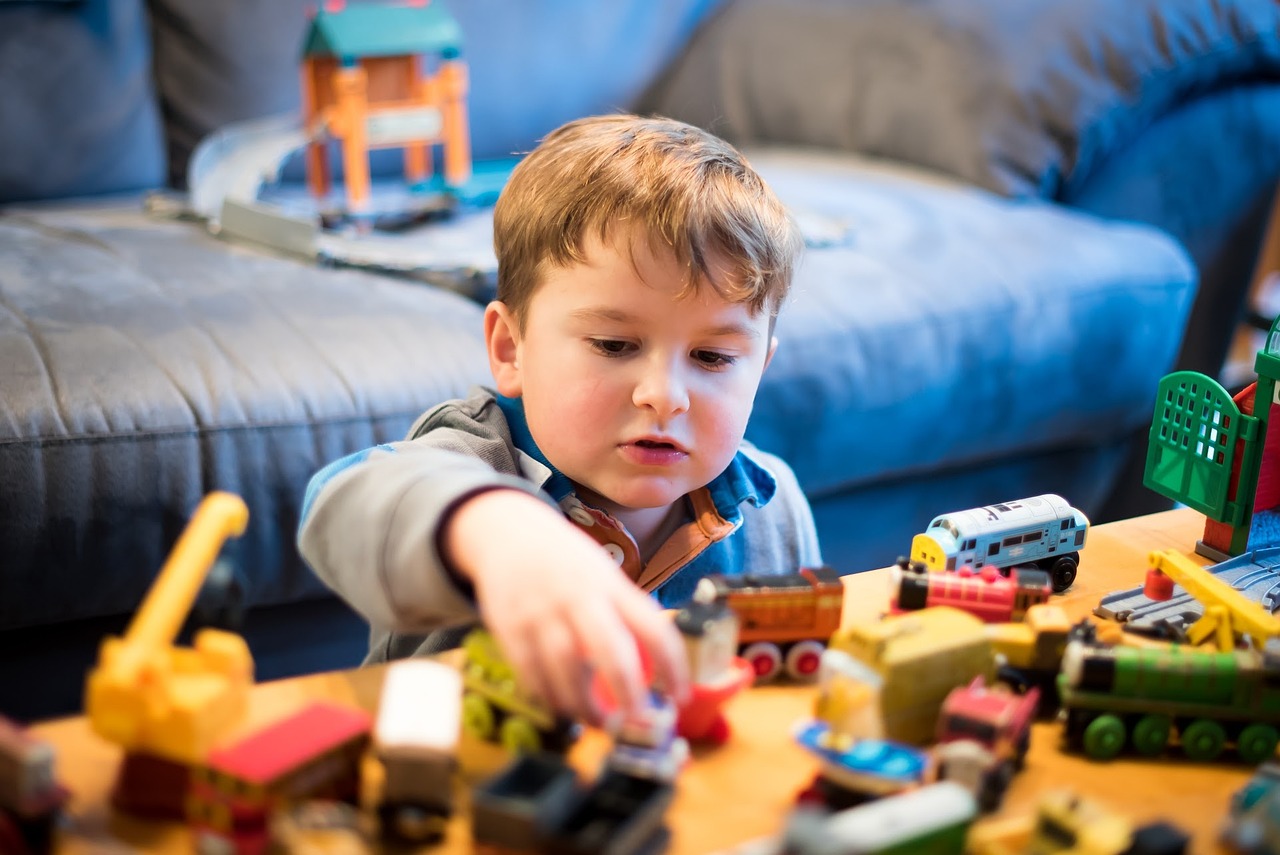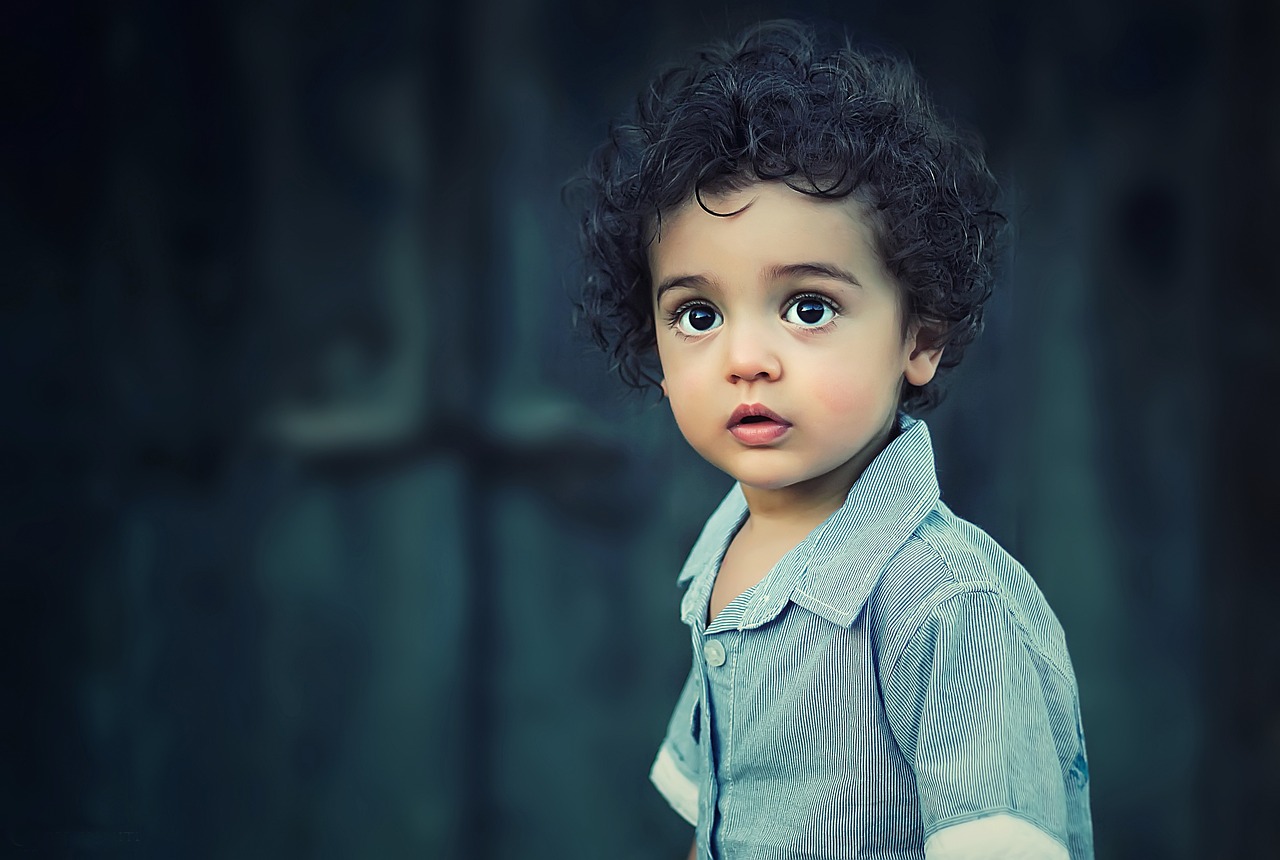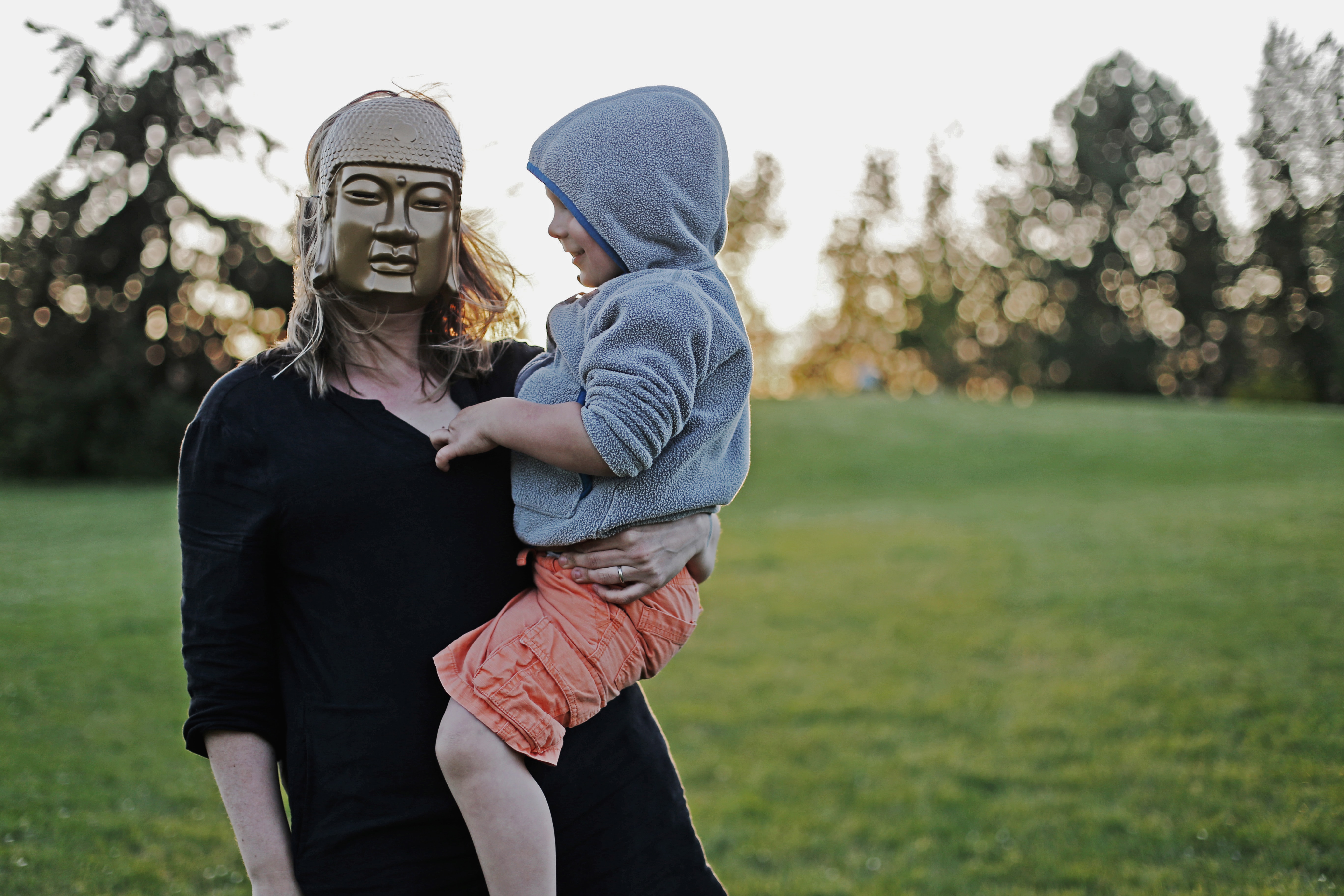Parenthood is an essential aspect of human life. It is during this phase that we challenge ourselves to become responsible adults and parents, taking care of the children we bring into the world.
Parents from all around the globe have their unique perspectives on parenting. Some believe that they should pass down the knowledge and wisdom they have acquired from their parents, while others recognize the need to adapt and learn new approaches that are relevant to their generation.

Many of us believe that good parenting involves nurturing our children to become successful individuals, much like how we nourish a sapling into a strong and fruitful tree. However, the question remains: what exactly is parenting? Different countries, cultures, and traditions have distinct parenting styles.
The issue at hand is not about criticizing parents, but rather discussing the type of parenting that will be beneficial for future generations.
In the upcoming sections, we will explore different facets of parental beliefs and delve into the various approaches to parenting, child psychology, and other related aspects within the realm of parenting. Does the subject of parenting necessitate training or guidelines to create a better future for the next generations?
Meaning of Parenting
Merriam-Webster, the Cambridge Dictionary, Collins Dictionary, and Dictionary.com all offer similar explanations of what parenting entails. By combining the insights from these authoritative references, Parenting can be phrased as - the act of nurturing and guiding a child's growth in various aspects such as physical, emotional, social, spiritual, and cognitive development from infancy to adulthood.
Whereas, the psychological interpretation of parenting involves nurturing, fostering, and aiding in the overall development of a child's physical, emotional, social, and cognitive abilities, from childhood to adulthood and beyond.

What are different parenting styles?
As parents, whether we are raising children alone or with a partner, our ultimate goal is to provide the best for our kids. However, this can often bring about a sense of anxiety when it comes to choosing the right parenting style. It's important to remember that parenting styles differ from person to person, but researchers have identified a few main categories over the years.
During the 1960s, psychologist Diana Baumrind categorized parenting into three primary styles: authoritarian, authoritative, and permissive. In the 1980s, Stanford researchers Eleanor Maccoby and John Martin introduced a fourth style called neglectful. Baumrind further explored the authoritative parenting style in a book, considering it to be the most advantageous. However, all four categories continue to be recognized and relevant in today's parenting discussions.
1. Authoritarian
This approach is often described as dictatorial and overbearing. The communication primarily flows in one direction, from the parent to the child. This strict parenting style relies on harsh discipline, often justified as "tough love." Authoritarian parents often engage in conversations with their children without seeking their input or feedback, aiming to maintain complete control. There is no room for interpretation, compromise, or discussion, as the rules are rigidly enforced. Violating these rules results in severe punishments. When questioned about the reasons behind a rule or consequence, parents often respond with "Because I said so."

2. Authoritative
This parenting style is widely recognized as the most effective approach as it effectively combines structure and independence. It enables children to develop within appropriate boundaries while also encouraging them to explore their capabilities. Parents who adopt this style will set strict standards that they expect their children to abide by but also support them by providing an emotionally caring environment that fosters trust. It allows children the space to make mistakes and learn from them, all within a framework that offers guidance and support.
Authoritative parents possess nurturing qualities, providing support and displaying a keen understanding of their children's needs. They skillfully navigate their children's development through open and honest conversations, imparting valuable lessons on values and critical thinking. Consequently, children raised by authoritative parents tend to exhibit self-discipline and possess the ability to independently reason.
3. Permissive
Permissive parenting, in stark contrast to the authoritarian approach, allows children to have complete freedom without enforcing any rules or structure that may cause disappointment or upset the child. This style often involves parents who try to act more as a friend to their child, giving in to their wants almost immediately. This can be the result of that parent growing up with an authoritarian parenting style in their household and they do not wish to subject their child to the same experience. Being responsive to your child’s needs is great, but the lack of structure and limits can have negative effects long-term. “You end up with either a child who’s entitled or incredibly anxious because there’s no one running the ship,” Schafer said.
4. Neglectful
Neglectful parents, as the term suggests, have minimal interaction with their children. These children are devoid of any guidance, discipline, or love, and are mostly left to navigate life on their own. This type of parenting, particularly when taken to the extreme, can expose children to risks and result in their removal from the household. It is also referred to as "uninvolved parenting."

Parents who are neglectful fail to engage in meaningful conversations or interactions with their children, they do not participate in their children's activities or events, and they do not make any effort to establish an emotional bond.
Parents as ‘First Heroes’
Parents are often referred to as the "First Heroes" of their children they guide, teach, help them and always spend good quality time with their children.
They serve as a strong foundation of support, guidance, and affection. The family is the starting point of life, where love is eternal. Regardless of a child's age, there is nothing more reassuring and calming than being embraced by their parents
During the first five years of life, parents play a crucial role in creating the optimal environment for their children. This environment sets the stage for learning, adapting to new situations, and building psychological resilience.

UNICEF states that the early years of a child's life lay the groundwork for their growth and development. This early brain development determines how a baby thinks, learn, and behaves, ultimately impacting their future success.
Recent brain research indicates that during the first 1,000 days of life, a child's brain forms over one million new neural connections every second, at a rate that will never be repeated.
This period presents a unique opportunity to shape a child's ability to learn, grow, and make meaningful contributions to society. However, these connections can only develop when a child receives proper healthcare, sufficient nutrition, protection, nurturing care, and early learning opportunities.
Neuroscience has provided strong evidence that genes lay the foundation for the brain, but it is a child's surroundings that shape brain development.
_1704964606.jpg)
Even Chanakya, the Hindu statesman and philosopher, says “Treat your kid like a darling for the first five years. For the next five years, scold them. By the time they turn sixteen, treat them like a friend. Your grown-up children are your best friends.”
Common Mistakes by Parents
As a parent, it's natural to want the best for your child. However, we all make mistakes without realizing the potential impact they can have on our children's development. Educate yourself about the most common parenting mistakes to ensure a healthy and nurturing environment for your children.
Over Protecting
As a parent, it's natural to be overly protective of your child. However, it's important to remember that this can hinder their ability to navigate the world independently. Allowing your child to learn from their mistakes can be beneficial.

Unrealistic Expectations
All parents desire their children to excel in every aspect. However, it is important to remember that each child is unique and not everyone can be a master in everything. Avoid having impractical expectations for your child as it can hinder their personal growth.
Comparison
This is a common error parents often make. It can have a lasting negative impact, causing your child to become aggressive or jealous. Ensure your children understand that your love is unconditional.
ⒸCopyright 2023. All Rights Reserved Powered by Vygr Media.

























